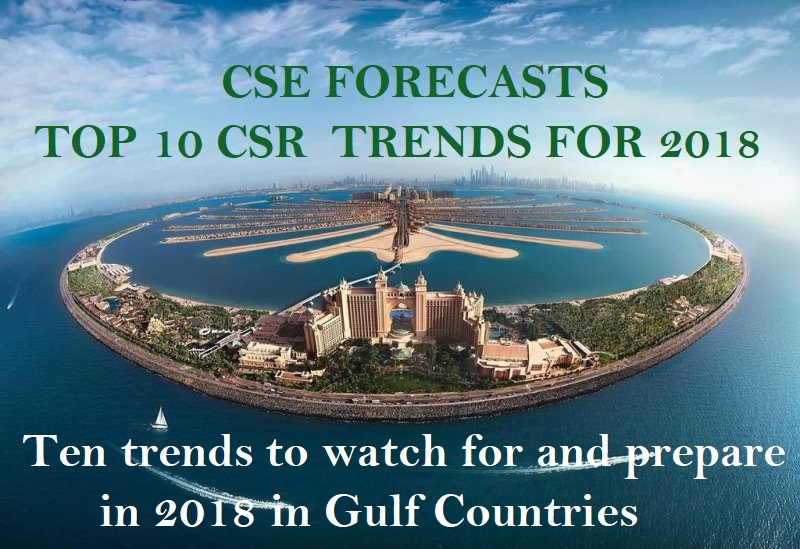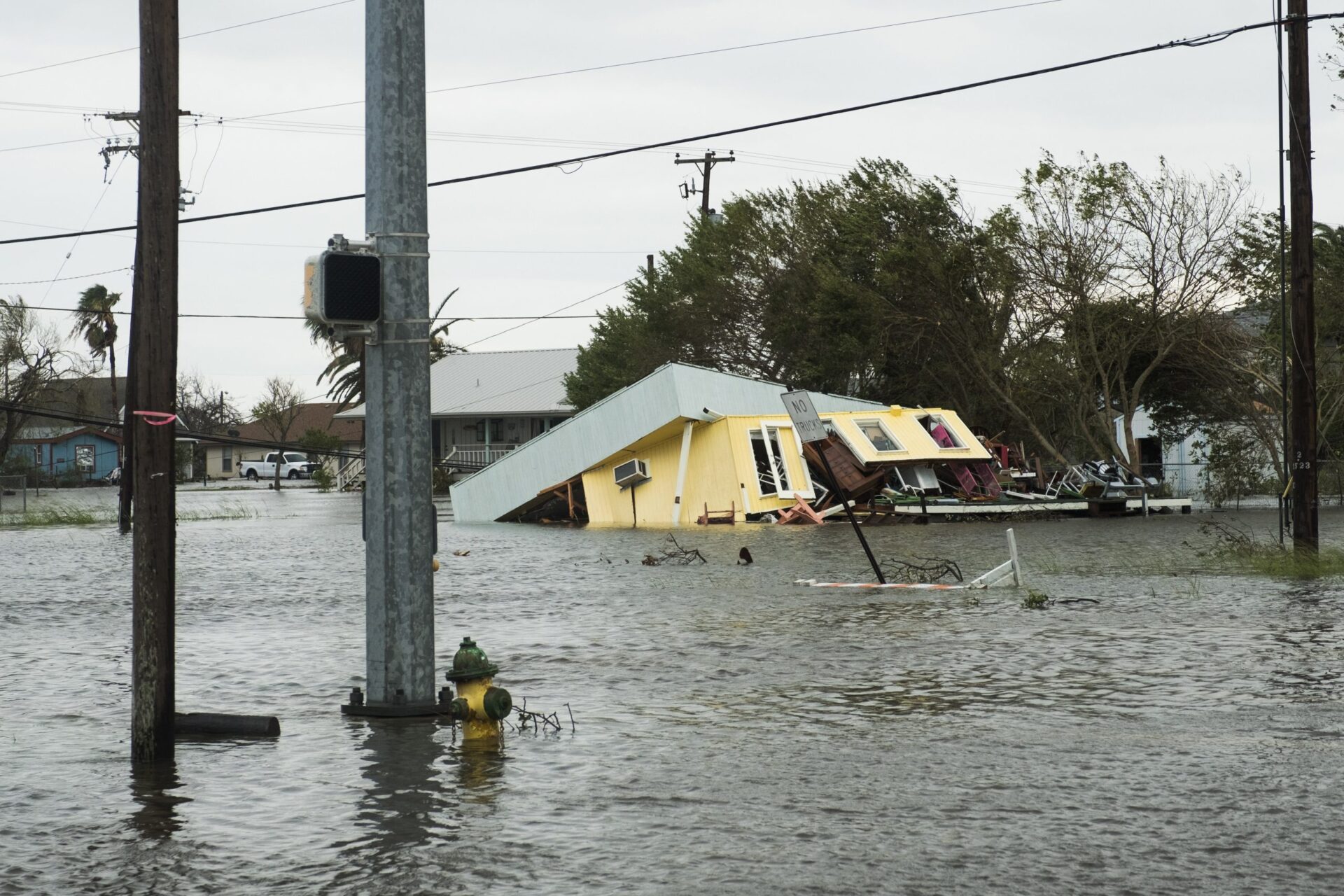The UK government has published a comprehensive industrial strategy which identifies clean growth as one of the greatest industrial opportunities of our times, acknowledging the government’s steering capacity as a key role to play after Brexit.
Government pledges to help businesses take advantage of low-carbon technologies and the efficient use of resources. This will involve launching a new programme to develop world-leading smart energy systems that deliver cheaper and cleaner energy across power, heating and transport. Incentives for investment in sustainable agriculture will be increased after the UK leaves the EU and the Common Agricultural Policy. A new scheme will be launched to support the funding of industrial energy efficiency and the government will work the world’s first green financial management standards.
The Industrial Strategy white paper, adequately to some extent, tries to respond to three key energy and climate change policy issues at stake after Brexit.
- British climate policy, as well as reduction of support for research and development in clean energy technologies in Britain
- The EU’s climate and clean innovation policy and energy security
- The likelihood that nations collectively reach rational international agreements to reduce emissions, partly affected by underlying shifts in the perceived value of expertise.
The impact of Brexit on domestic climate policy might at first glance have seemed to be rather limited. Britain has been leading on climate change, including by setting legally binding targets under the Climate Change Act that are more ambitious than those of the EU, maintaining a higher carbon price than the EU Emissions Trading System (ETS) and in being the first major economy to pledge to phase out coal-fired power stations by 2025. The United Kingdom is already a member of the Mission Innovation pledge to double spending on clean energy R&D in its own capacity.
Foreign Secretary, Boris Johnson, who led the campaign to leave the EU, ratified the Paris Agreement in November 2016. Once Britain leaves the EU, on Friday, 29 March 2019, it will need to develop its own “nationally determined contribution” (NDC) and it has a good basis for this with the Climate Change Act and the actions under the review of the independent Committee on Climate Change. Some commentators have described Brexit as an opportunity for the UK to enhance its own status as a global climate leader. Britain is already seen as a frontrunner when it comes to emission reduction targets: as part of the Fifth Carbon Budget, the UK has set a target to reduce emissions by 57% by 2032, compared to the 40% target in 2030 for the EU as a whole. In 1990s Britain was seen as the dirty man of Europe. Now it is the continent’s leading decarboniser.
There are though in power, two most significant European Directives, the EU ETS and the European Renewable Directive that help the UK meet its own climate targets. Without them alternative policies would need to be put in place.
The EU ETS constitutes the central pillar of EU climate policies, the largest carbon emissions trading scheme in the world. Many British electricity generators and industrial emitters are covered by the EU ETS. Brexit leaves the continued participation of the UK in the EU ETS uncertain. Like its capacity to influence in shaping the trading scheme. If Britain were to opt out of ETS in the 2020s, it would lose a degree of influence over EU energy policy and the pressure on other countries to adopt a market-based instrument will be less strong in the EU27.
Like the European Renewable Energy Directive, many other European directives relating to climate change, such as the Energy Efficiency Directive, Energy Labelling Framework Directive, Energy Performance of Buildings Directive and many more, will likely be incorporated into British law in the so-called “Great Repal Bill”. The process of adapting these directives will take years, while the economic consequences will happen immediately.
Post Brexit, Britain would have no reason to panic about energy security, but it would still have to consider the disadvantages of being outside the EU’s collective security arrangements and its negotiating strength with outside suppliers. Energy is not perceived to be the main issue at stake, as in practice the UK has followed an energy policy of its own choosing and has had considerable influence on the development of EU policy. Current discussions suggest that the UK will leave the internal energy market, as on the one hand the EU does not want to accept a special treatment of trade in specific sectors (“no cherry-picking”), while on the other hand the UK does not want to be bound by EU institutions, crucial for the functioning of this market.
A particular case in point in the energy sector is Ireland, the EU member state that will be most impacted by Brexit. Currently the Irish electricity and gas markets only physical connections are with the UK and there might be possible adverse effects for Irish gas customers and investment decisions of gas companies in Ireland. Northern Ireland may also be significantly affected by Brexit, as it is at risk of losing the benefits of a competitive electricity market and at the same time requires expensive extra capacity to ensure secure supplies. The UK could retain almost all of the benefits of EU membership and avoid some of the Brexit-related complications with regard to Ireland if it were to negotiate an energy relationship akin to what Norway has under its membership of the European Economic Area (EEA). But that case would involve acceptance of all the energy rules decided in Brussels.
EirGrid and Réseau de Transport d’Electricité (RTE) on June 2017 have welcomed the funding of €4 million by the European Commission for the Celtic Interconnector project. This project involves the development of a €1bn potential electrical connection between Ireland and France, utilising subsea cables, with the capacity of approximately 700 megawatts (MW). It would improve security of electricity supply in Ireland and France by providing a reliable high capacity link between the two countries, increase competition in the all-island Single Electricity Market, and support the development of renewable energy, particularly in Ireland. For Ireland, the importance of a direct link to the mainland European electricity grid, via France, has clearly grown in the context of Brexit. The project would reduce Ireland’s reliance, in terms of energy, on the United Kingdom and provide Ireland’s only energy connection to an EU Member State following the Brexit process.
The environmental movement, the renewable energy sector and the major gas and electricity utilities and oil companies were in favor of remaining in the EU for reasons of energy and climate policy. Most of the latter groups are multinationals with shareholders and operations in the rest of the EU. Four of the UK’s Big Six generators are European-owned, and the two UK-majority owned ones, Centrica and SSE, favored the UK staying in the EU, as did the dominant oil majors in the UK part of the North Sea –BP, Shell and Total.
The most significant long-term impact of Brexit on the British green economy is the loss of access to EU clean energy innovation funds. Britain is a world-leader in tertiary education, science and engineering, specifically in research and development of new low-carbon technologies. This is partially due to the fact that Britain receives a large share of EU research funding through the LIFE+fund, Horizon 2020 and the NER300 mechanisms. Moreover, post-Brexit, Britain will lose access to EU Structural & Regional Funds and programs like the European Energy Program for Recovery. Furthermore, since 2000, British low-carbon innovators have benefited from over €37 billion in funding from the European Investment Bank, thus Brexit creating huge uncertainty for low-carbon investors. During the COP21 climate negotiations in Paris (2015) Britain joined the Mission Innovation programmes, which will double spending on clean energy R&D over the coming five years.
The UK is currently viewed as a global leader on climate action. Post Brexit Britain is likely to have less influence in global negotiations, including on climate change, than it used to possess as part of the EU, the world’s most powerful trading bloc. The global scope of the United Nations climate negotiations is such that only the big players or big blocs count. Not a medium-sized European state by itself. Also, UK influence on the development of Europe’s gas and electricity markets might be affected. By leaving the EU, the UK drops out of the two EU-wide regulatory bodies dealing with markets, the Council of European Energy Regulators (CEER) and the Agency for the Cooperation of Energy Regulators (ACER).
Several questions remain to be answered about the UK’s participation in the EU-wide climate and energy policy from March 2019. The two sides will not start formal talks on their future relationship until they have made progress on the terms of the split. The negotiations would undoubtedly take some time and create prolonged uncertainty, which would be likely to inhibit investments, energy security and decarbonisation process.
Looking ahead, there could be risks and opportunities. Mutual dependency between the UK, the Republic of Ireland and Northern Ireland can be a credibility device, which might help convince investors of the stability of the arrangement by which the UK stays inside the EU internal energy market.
The UK government’s Industrial Strategy White Paper shows that clean growth is one of the “grand challenges” and paves way for industries of the future. The White Paper is the product of a consultation on the government’s Industrial Strategy Green Paper, published in January 2017. The consultation received feedback from over 2,000 organisations from all over the UK.
I want to share my reviews about Viagra at https://nygoodhealth.com/product/viagra/. I began to take it about 3 months ago. Side effects were not noticed save at the beginning of the reception I felt stuffy nose and a little red face, but it was worth it. The effect is instant, within just an hour after taking. But I’ve heard that many side effects are stronger, so you should consult a doctor before taking!
Forward looking businesses and organizations know future economic prosperity is supported by corporate responsibility. Green talks involve transitions from one way of producing, distributing and consuming energy to another, cleaner way of doing so.
CSE’s next presentation of the Global Certified Sustainability (CSR) Practitioner Program will be held in London, on March 1-2, 2018 and will provide all the latest updates and key concepts regarding trends and legislation on corporate sustainability, SDG’s, carbon emissions, GRI reporting guidelines, ways to measure the stakeholder engagement, case studies and best practices.
References
Bernard, C. (2017), “Law and Brexit”, Oxford Review of Economic Policy, 33 (Suppl.), S4-S11
Bob, W., Carvalho, M. (2016), “Submission to inquiry by the House of Commons Select Committee on Business, Energy and Industrial Strategy Committee on ‘Leavit the EU: negotiation priorities for energy and climate change policy”, 16 December
Committee on Climate Change (2015), The Fifth Carbon Budget: The Next Step Towards a Low-carbon Economy, November
European Commission (2017), EUR 4 million EU funding for proposed electricity link between France and Ireland, 28 June
Eurostat (2016), “Greenhouse Gas Emissions Statistics”
Fankhauser, S., Bowen, A., Calele, R., Dechezlepretre, A., Grover, D., Rydge, J. and Sato, M. (2013), Who will win the green race? In search of environmental competitiveness and innovation, Global Environmental Change, 23(5), 902-913.
Fankhauser, S. and Carvalho, M. (2016), Brexit Implications on Climate Policy, LSE Conference on Britain and Europe: Towards Brexit? Brussels, 8 December 2016
HM Government (2017), “Industrial Strategy: Building a Britain fit for the future”, 27 November
House of Commons Energy and Climate Change Committee (2016), “The Energy Revolution and Future Challenges for the UK Energy and Climate Change Policy: Third Report of Session 2016-2017”, 15 October
House of Commons Library (2016), “Legislating for Brexit: The Great Bill”, 21 November
House of Lords (2017), “Brexit: environment and climate change: European Union Committee, 12th Report of Session 2016-2017”, 14 February
Michael, J. (2017), Why this white paper on industrial strategy is good news (mostly), The Guardian, 27 November.
Zachmann, G. (2017), “The impact of Brexit on the Irish energy system-pragmatism vs. principles, Bruegel, blog post, 21 November








